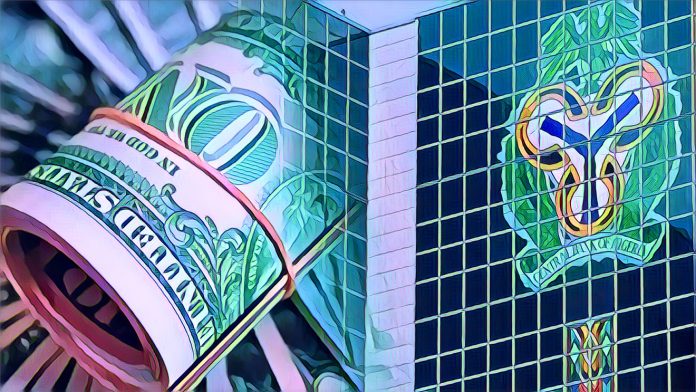In an aggressive move to stabilize the Nigerian currency, the Central Bank of Nigeria (CBN) has issued new directives to deposit money banks (DMBs), limiting their foreign exchange (FX) exposures and mandating a significant reduction in their FX holdings. This decision, outlined in a memo to all banks, comes as the naira’s value continues to plummet, reaching approximately N1520/$ in the parallel market.
The CBN’s latest policy aims to rein in the growth of banks’ foreign currency exposures through their net open positions (NOP). Starting today, all DMBs are required to disclose their FX holdings, ensuring they do not exceed 20% short of their shareholders’ funds. This measure is in response to the escalating panic over the naira’s fate, which has seen a drastic dip against the dollar.
Yemi Cardoso, the CBN governor, faces significant pressure to stabilize the naira. In response to the currency’s depreciation, the Senate has summoned Cardoso to discuss the state of the economy and potential solutions. Senator Adetokunbo Abiru, chair of the Committee on Banking, Insurance, and other Financial Institutions, emphasized the urgency of addressing the naira’s decline, which was one of the worst-performing currencies last year.
The CBN’s memo, jointly signed by Dr. Hassan Mahmud and Ijeoma Sike of the Trade and Exchange and Banking Supervision Departments, respectively, outlines the necessity for banks to manage their foreign currency risks more effectively. Banks currently exceeding the new NOP limits have been given a tight deadline to comply, underscoring the CBN’s determination to stabilize the FX market.
Banks are also instructed to maintain adequate stocks of high-quality liquid foreign assets and ensure their foreign exchange obligations are covered. Additionally, the CBN mandates that banks should avoid currency mismatches by borrowing and lending in the same currency.
The banking sector is scrutinizing the directive to determine its implications for FX operations and customer funds. Critics argue that the short timeframe for reducing excess FX holdings highlights the CBN’s desperation to control the market. On the other hand, some experts view this move as a significant step towards curbing banks’ ability to exploit FX rate discrepancies for profit.
President Bola Tinubu has reportedly backed the CBN governor’s efforts to strengthen the naira and encourage economic stability. This support comes amid debates within the Banker’s Committee regarding the FX market’s liberalization.
Kelvin Emmanuel, CEO of Dairy Hills Limited, reassured that depositors’ funds in domiciliary accounts remain secure. This policy primarily aims to reduce banks’ speculative activities in the FX market, which have contributed to the naira’s volatility.
Since Cardoso’s appointment in September 2023, the CBN has introduced several policies to regulate the FX market more effectively. However, the success of these measures and their impact on the economy remains a topic of debate among experts.
Prof. Kingsley Moghalu, former deputy governor of the CBN, criticizes the lack of economic diversification as the root cause of the naira’s issues. He calls for a shift towards an export-oriented economy, emphasizing the need for political will and technocratic management.
Financial analyst Lekan Oladele suggests that eliminating middlemen in FX trades and restricting transactions to banks could stabilize the exchange rate. These recommendations highlight the complex challenges facing the CBN in its efforts to manage the naira’s value effectively.
As the CBN enforces these new regulations, the banking sector and the broader economy brace for the impact. The success of these measures in stabilizing the naira and fostering economic growth will be closely watched by both local and international observers.



